
UPDATE: This story was originally posted in August, but the play was postponed because of covid. It’s back at The Street, June 17-25.
POOR old El Chapo (“Shorty”) – Joaquín Archivaldo Guzmán Loera.
Once the richest, most feared drug lord in Mexico, he might have expected, at worst, to live out his days in luxurious imprisonment like his Colombian counterpart Pablo Escobar.
It was not to be. For like Al Capone, he met his comeuppance in the most mundane way possible when his getaway car was pulled over by a couple of highway cops. Covered in excrement from crawling through the tunnels he used in his many escapes, he is now rotting away in a Colorado prison.
No wonder he told his terrified captors, “don’t send me to the north”.
But what did the two unsuspecting police officers have to say to him during the 20 minutes they spent with El Chapo in a seedy Mexican roadside motel waiting for backup?
That’s the question that’s been puzzling academic lawyers, ANU law professor Desmond Manderson and University of Wollongong law lecturer Luis Gómez Romero for the past five years, after they got talking about El Chapo’s capture at a conference.
In a tightly written drama, “Twenty Minutes With The Devil”, to be directed by The Street Theatre’s Caroline Stacey, the two dons-turned-playwrights have taken that quintessentially theatrical situation, the closed room, as the setting for a play about issues of justice which arose from the story.
And in case you think that Manderson, Gómez Romero or this writer nurture romantic illusions of sympathy for poor old Shorty, it should be noted that during his flourishing business-like career (think “The Godfather”) which included several escapes, mostly with police connivance, El Chapo was responsible for countless executions and mutilations. No glamour about his life now.
But his final capture in 2016 demanded to be put on stage in a kind of “what if” scenario, and they’re particularly keen to speculate on the exchanges which might have taken place between El Chapo and the police.
“It was very theatrical,” Gómez Romero says. “Two police with ‘the devil’ waiting for two converging armies.”
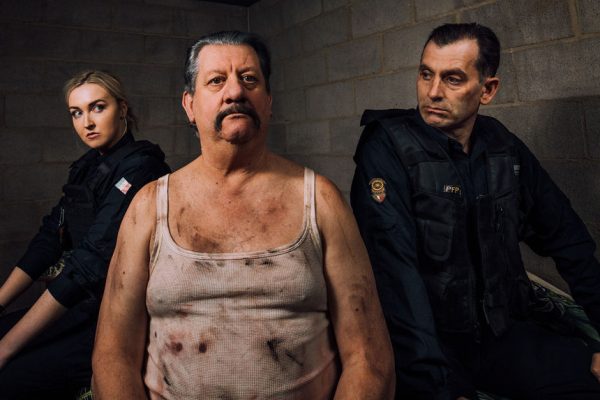
The work is not intended to be historically accurate, so in their play one of the police is a woman, played by Joanna Richards, while the other is played by Raoul Craemer. What did they talk about? Might the most wanted man in the world have said, “I can fix your life forever”? Might they have considered taking the money and heading to the hills?
To Mexican-born Gómez Romero, the story is particularly troubling because the increasing level of crime and violence in his homeland is exactly what led him to migrate to Australia some years ago.
His views are coloured by the media’s focus back in 2016-2019 when he was finally convicted, on the celebrity aspects of El Chapo’s story. Married to (among others) a beauty queen, El Chapo was publicly defended by film star Kate del Castillo. It was in fact his vanity in trying to arrange a meeting with the actress that helped lead to his capture.
“We have fictionalised the story of course, and made the character into ‘El Ticho’ [played by actor PJ Williams]… we wanted to discuss questions of justice in the 21st century and elicit a middle-class response to this,” Romero says.
Both Manderson and Gómez Romero wanted to emphasise that the play has nothing to do with US madness or Mexican madness.
“Romero and I didn’t want people to say, ‘boy, those Mexicans are crazy’, we wanted to make it universal and connect it to the world around us,” Manderson emphasises.
“It was important to show El Ticho – who is not El Chapo – as not the cause but one of the symptoms… the police, too, have done terrible things in America’s war on drugs.”
“I personally found the international debate around drugs and Latin America unsettling, but real people were dying,” Romero says.
“My family and I decided to migrate because of the violence in Mexico and yet the pain in that region continues.”
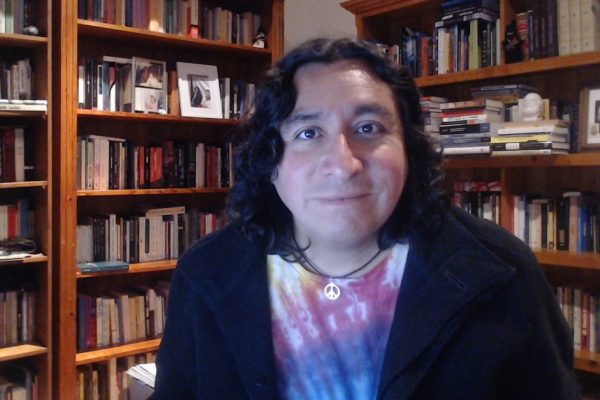
Be that as it may, they have turned it into something of a “fairytale” by using fantasy to talk about justice and joy, but also about failure and sorrow.
Gómez Romero calls it “Menippean satire”, the kind that attacks mental attitudes.
“We tried to create a richly imagined world which is both familiar and unfamiliar. We have used fantasy for the recovery of clarity for middle-class audiences.”
Manderson is an international leader in interdisciplinary scholarship in law and the humanities, but he wrote his first play at age nine, was involved in theatre here until age 25, and is also a poet and pianist.
He praises director Caroline Stacey, to whom they showed their fledgling script, as a “deep reader”. She told them frankly, “this is interesting, but it’s not a play”. Several developmental sessions followed, including a two-week stint with veteran dramaturg Peter Matheson, and there were many, many drafts after that.
Ultimately Gómez Romero and Manderson say the play has much to do with the inequalities between the global north and the global south.
“It concerns everybody, the global drug war concerns everybody.”
“Twenty Minutes With The Devil” at The Street Theatre, June 17 (preview) to 25. Book at the street.org.au or 6247 1223.
Who can be trusted?
In a world of spin and confusion, there’s never been a more important time to support independent journalism in Canberra.
If you trust our work online and want to enforce the power of independent voices, I invite you to make a small contribution.
Every dollar of support is invested back into our journalism to help keep citynews.com.au strong and free.
Thank you,
Ian Meikle, editor
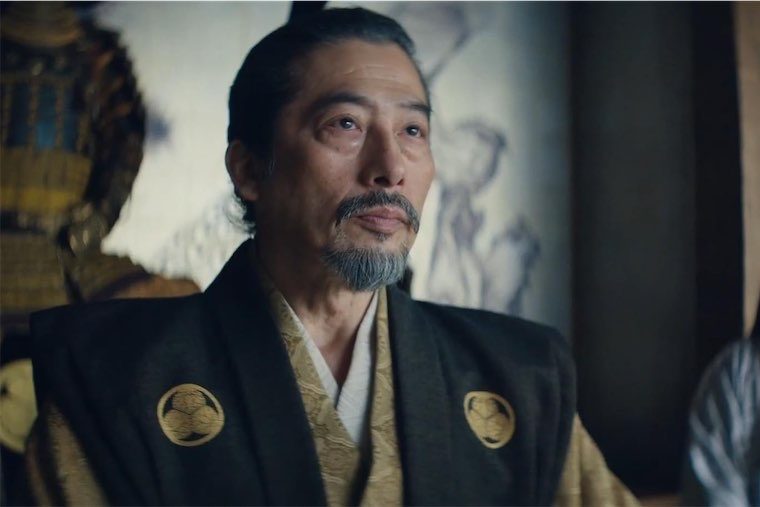
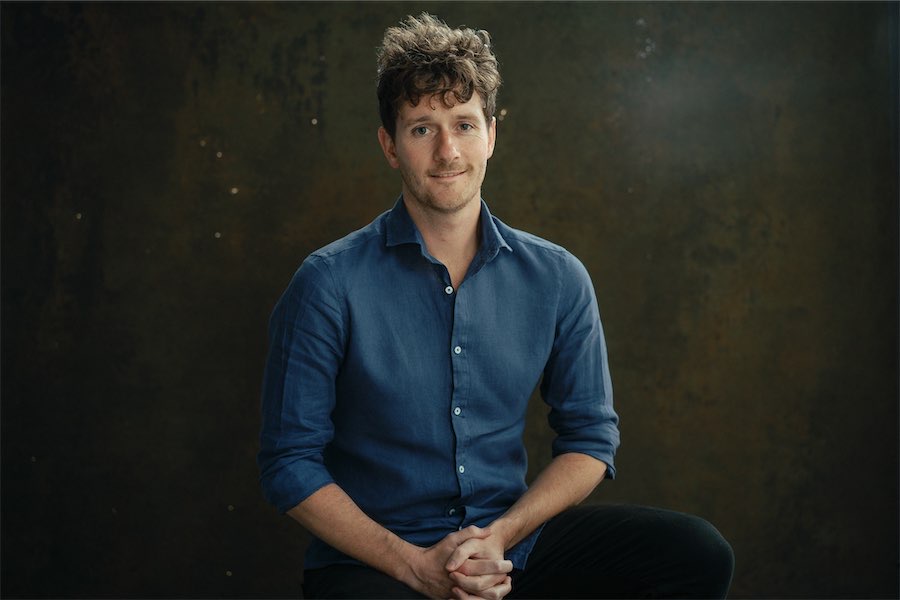
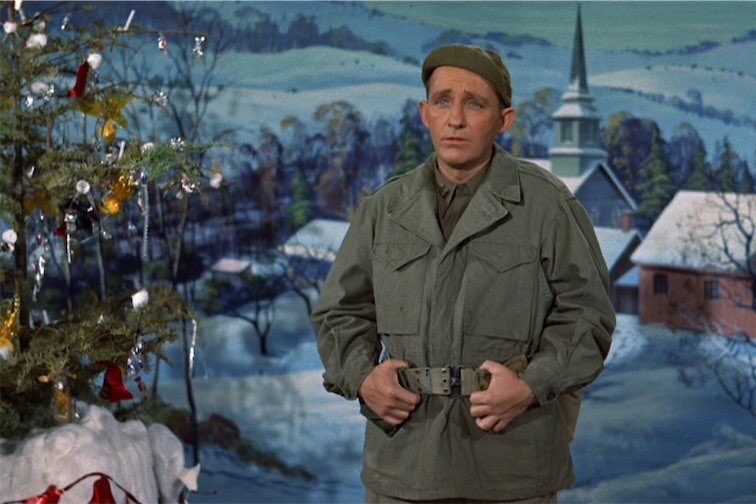

Leave a Reply